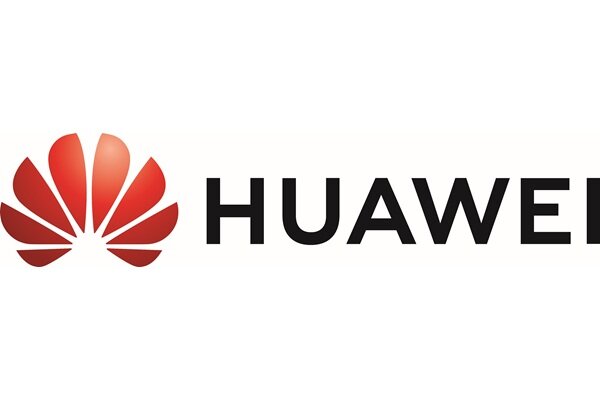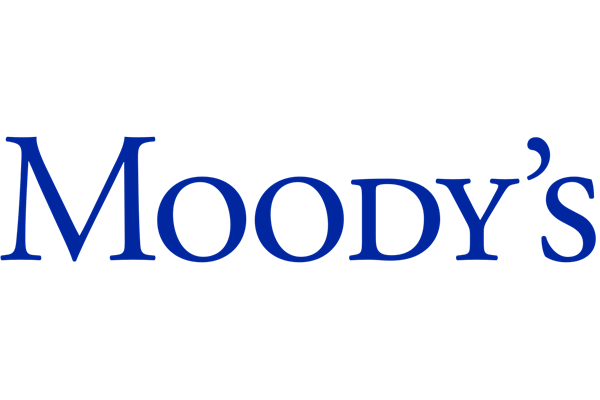WITH:
If a company activity caused or contributed to a human rights violation, the company is responsible to provide a remedy to affected rightsholders. The United Nations Guiding Principles on Business and Human Rights (UNGPs) encourage enterprises to implement a grievance mechanism for enabling an accessible way for the affected parties to report on their issues and claim a remedy. Similarly, according to UNGPs, multi-stakeholder initiatives (MSI) and industry-wide initiatives based on the respect for human rights should “ensure that effective grievance mechanisms are available”. At the EU level, a requirement to provide a company grievance mechanism is discussed in the proposal for a mandatory human rights’ due diligence legislation.
In global interconnected supply networks, the most vulnerable stakeholders are usually the workers of suppliers located further upstream along the supply chain. However, often rightsholders do not have easy access to report and claim redress. This is especially dangerous in the current situation of the global COVID-pandemic, when many supply chain workers have faced forced overtime, unjustified salary deductions and illegal lay-offs.
What can a brand or a retailer do to ensure that workers in supply chains have a mean to raise their concerns and seek remediation?
Join this roundtable to:
Share your practical experience with operational-level grievance mechanisms and learn from your peers
Brainstorm together with other companies and sector initiatives on the common challenges
Find new grounds for effective collaboration and the development of a common supply chain grievance system
With the support of:
#SDGSUMMIT2020
DISCOVER OTHER SESSIONS
With Grace Portugal, Sodalitas, Forética, Impronta Etica, Responsible Business Forum in Poland
With the Croatian Business Council for Sustainable Development
With Wind Europe, European Aluminium, the European Textile Service Association
With the Carbon Disclosure Project and the Global Reporting Initiative
With IRMA, Deutsche Gesellschaft für Internationale Zusammenarbeit, ArcelorMittal Mining
With European Aluminium, the International Fragrance Association, Responsible Jewelry, the European Chemical Council, and Eurogas
With Copper Mark, Consumer Goods Forum, RCS Global, and the Global Platform for Sustainable Natural Rubber
With BITC Ireland, CSR Ukraine, CSR Turkey
With Responsible Business Forum Serbia and the Croatian Business Council for Sustainable Development
With CSR Hellas, CSR Cyprus and IMS Luxembourg


























































